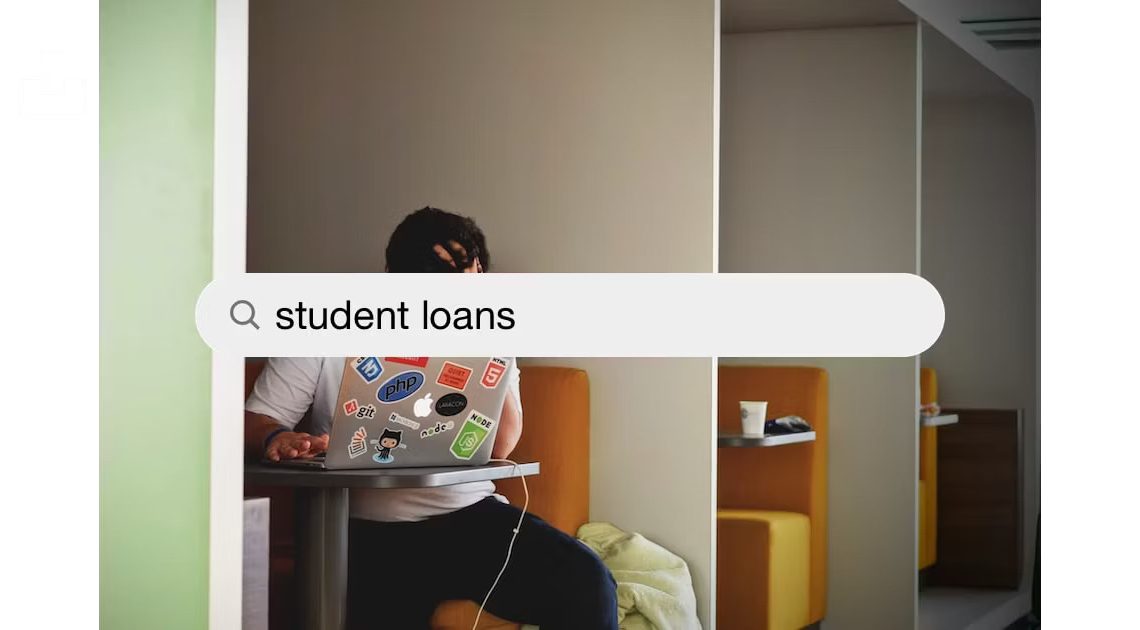
Introduction
The Biden administration is making significant strides in providing relief to individuals burdened with student loan debt. A new debt relief proposal is currently being discussed, targeting those who have not benefited from the existing temporary loan forgiveness program. This new initiative is projected to have a transformative impact on the lives of many student loan borrowers.
Highlights of the New Proposal
The Department of Education has released details of a new student debt relief plan. The proposal aims to target four categories of borrowers:
- Borrowers with federal student loan balances exceeding the original borrowed amount
- Borrowers whose loans entered repayment 25 years or more ago
- Borrowers with loans for career training programs that resulted in unreasonable debt loads or insufficient earnings
- Borrowers eligible for forgiveness under other repayment plans but have not applied for it
The new proposal is designed to extend the $127 billion in loan forgiveness already approved by the administration for around 4.6 million borrowers.
The Importance of Updated Contact Information
Bruce McClary from the National Foundation for Credit Counseling has emphasized the importance of borrowers keeping their contact information updated. As we exit a long period of administrative forbearance, it’s crucial for loan servicers to be able to communicate important information to borrowers, including eligibility for the new forgiveness program.
Be Aware of Scams
Borrowers should be cautious about potential scams. Emails appearing to be from the Department of Education or your loan provider may not be authentic. Instead of responding directly to the email, it’s advisable to contact your servicer using a previously verified method or through their official website.
Broader Efforts to Provide Debt Relief
The Biden-Harris administration has been proactive in alleviating student debt through various initiatives under the Higher Education Act. To date, they have approved $127 billion in debt relief for nearly 3.6 million borrowers and introduced the SAVE plan, which is the most affordable student loan repayment plan in history.
Record Decrease in Student Loan Debt
In a remarkable turn of events, the nation’s student loan debt decreased by $27.8 billion in the third quarter, marking the largest decrease on record. The forgiveness of federal loans and borrowers repaying ahead of the required payment restart contributed to this decrease. Despite this, a significant amount of student loan debt, amounting to $1.7 trillion, remains.
Impact of Supreme Court Ruling on Debt Forgiveness
The Supreme Court’s ruling blocking the Biden administration’s initial student loan forgiveness plan has necessitated a new approach. Despite this setback, the administration continues to work on providing relief to borrowers.
Loan Servicing Errors
As student loan bills resumed in October, servicing companies made errors that potentially violate federal and state consumer protection laws. The Department of Education has identified several instances of incorrect billing under the Biden administration’s new Saving on a Valuable Education, or SAVE, plan.
Conclusion
While the path to student debt relief has its challenges, the Biden administration is committed to providing broad-based relief to borrowers. The new proposal, along with other initiatives, signals a renewed focus on making education more affordable and accessible. However, it’s crucial for borrowers to stay informed and vigilant, keeping their contact information updated and being alert to potential scams. As these new plans take shape, the hope is that they will provide significant relief to millions grappling with student loan debt.

